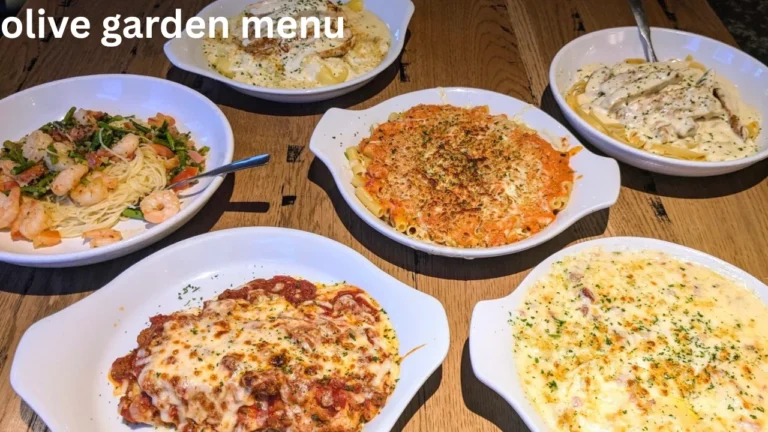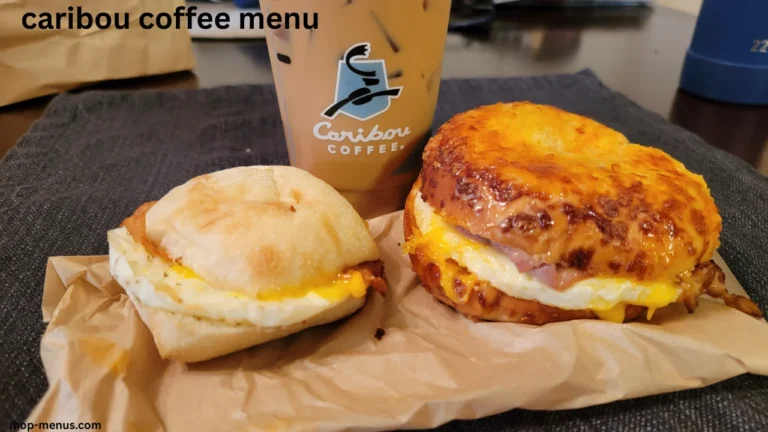5 Ways a Restaurant Consultant Can Transform Your Business in 2025
Running a restaurant in 2025 isn’t just about good food anymore. It’s about surviving in a landscape where margins are razor-thin, customer expectations shift weekly, and algorithms can make or break your visibility overnight.
Some days, the kitchen runs like a dream. Other days, it feels like you’re sprinting through mud, short-staffed, behind schedule, and wondering why the numbers never quite add up.
That’s usually the moment when a Restaurant Consultant steps in, not as a critic, but as an ally. They’re part strategist, part therapist, part systems engineer. Their job? To determine what’s not working and help you build something that does.
Here are five powerful ways a restaurant consultant can reshape your business in 2025, from the ground floor to the balance sheet.
1. Redefining Your Brand Identity and Guest Experience
Let’s start with the heart of your business, your story.
In 2025, diners aren’t just eating; they’re aligning. They choose restaurants that reflect their values, mood, and even their social persona. A skilled restaurant consultant can help you carve out that identity, something more nuanced than “great food, great service.”
They analyse your concept, your menu, your decor, and even your playlist to make sure everything speaks the same language. It’s storytelling through every detail.
For example, at the 30% Rule, consultants often help restaurant owners reframe their brand narrative. They shift from generic “neighbourhood eatery” vibes to something that evokes emotion and loyalty.
A consultant might ask: Why do guests remember you? If your answer isn’t crystal clear, that’s where transformation begins.
2. Optimising Operations for Efficiency and Profitability
This is where the hidden gold lies.
A restaurant consultant goes deeper into your systems, inventory, scheduling, and kitchen workflow and starts trimming the fat (figuratively, sometimes literally). They look at your food costs, supplier contracts, prep times, and portion sizes with the kind of precision most owners simply don’t have time for.
One of the biggest mistakes owners make is assuming “busy” equals “profitable.” It doesn’t. A consultant helps you identify where money leak, maybe it’s over-ordering, wasted prep, or inconsistent staff training.
They might recommend smaller menu rotations to cut waste, redesign your kitchen layout to reduce staff movement, or restructure shift scheduling to match traffic patterns.
By the time they’re done, your operation doesn’t just run, it flows.
3. Strengthening Leadership and Team Culture
You can’t fix operations without fixing people.
A good restaurant consultant knows that every great business runs on trust, communication, and emotional stability. These things often missing in fast-paced hospitality environments.
They don’t just train managers; they build leaders. They teach them how to give feedback without burning bridges, how to motivate staff without dangling empty promises, and how to spot burnout before it spreads.
In 2025, employee retention has become one of the biggest pain points in the industry. Consultants are helping owners build cultures where people actually want to stay.
When morale rises, guest experience follows. This is not management theory but restaurant reality.
4. Leveraging Technology and Data to Drive Smarter Decisions
If 2020–2024 taught us anything, it’s that tech isn’t optional anymore.
POS systems, predictive ordering software, loyalty apps, every digital tool generates data, but few restaurant owners have time to interpret it. That’s where consultants bring real value.
They translate the data chaos into strategy.
- Which dishes are underperforming?
- What time slots actually drive profit?
- Which marketing channels are giving you the best ROI?
A restaurant consultant uses analytics to make decisions that feel intuitive but are backed by hard numbers.
For example, if they notice your Thursday lunch rush underperforms, they might introduce a “midweek tasting menu” or partner with local offices for catering deals. It’s not guesswork; it’s evidence-based adaptability.
5. Guiding Long-Term Growth and Expansion
A consultant’s job doesn’t end once your systems are humming. They think ahead, about scalability, branding consistency, and future-proofing.
If you’re considering opening a second location, franchising, or pivoting into events or ghost kitchens, they’ll help you design a roadmap. They test concepts, build models, and anticipate the snags before you hit them.
In 2025, consultants are acting more like partners in progress than outside advisors. They’re involved in real-time decisions, market positioning, financial forecasting, even vendor negotiations.
And here’s the quiet magic: they help owners think like investors, not just operators. That shift in mindset can mean the difference between “owning a restaurant” and “running a restaurant business.”
The Bottom Line: Restaurants Need Reframing
Not every restaurant consultant shows up to fix a sinking ship. The best ones arrive to polish, realign, and sharpen your vision.
They don’t hand you tailored solutions or drown you in corporate jargon. They sit beside you, taste your food, watch your floor, and tell you what’s working and why it matters.
So if you’ve been running on instinct, trying to outwork problems that need strategy instead, maybe 2025 is the year you get a second pair of expert eyes.
A conversation with a consultant from 30% Rule might be all it takes to see your business from a clearer angle, and that clarity could be the best investment you make this year.
Because in this industry, survival isn’t luck but a structure. And structure starts with insight.






